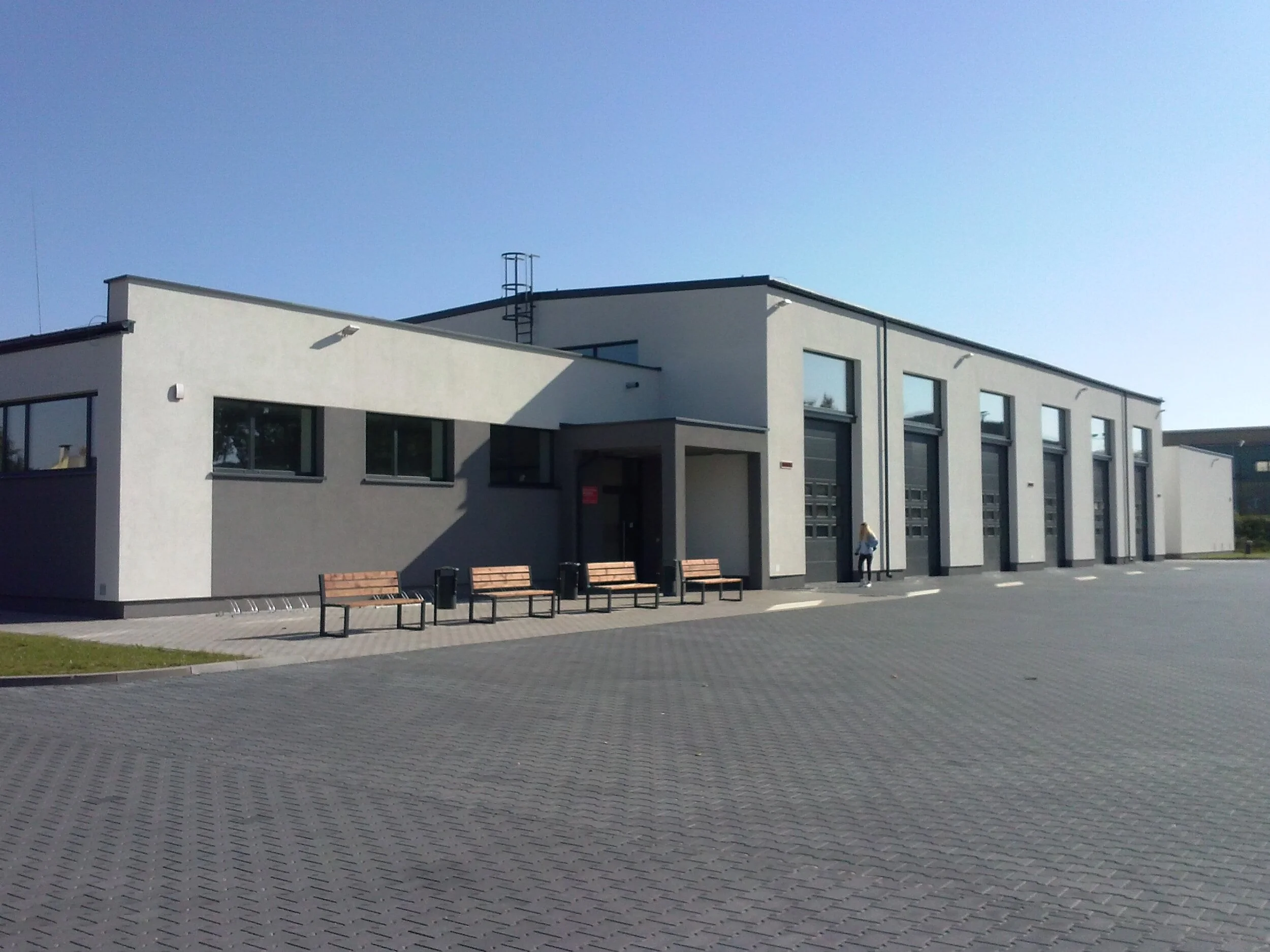Navigating the Commercial Real Estate Conundrum: Lease or Purchase?
Embarking on the journey to secure commercial real estate for your business is a decision laden with strategic implications. The age-old question arises: to lease or to purchase? Both options offer unique advantages and potential pitfalls, and the decision hinges on a multitude of factors that should be carefully considered. Let's delve into the key considerations that can guide you through this critical decision-making process.
Financial Considerations:
Leasing:
Leasing provides a lower upfront cost, making it an attractive option for businesses with limited initial capital. Monthly lease payments are typically lower than mortgage payments, allowing for better cash flow management. Additionally, leasing minimizes exposure to market fluctuations and property value depreciation.
Purchasing:
While the initial financial outlay is higher when purchasing, owning commercial property can be a solid long-term investment. Mortgage payments contribute to building equity, and the property may appreciate over time, potentially leading to a profitable resale in the future.
Flexibility and Growth:
Leasing:
Leasing offers flexibility, enabling businesses to adapt to changing space needs. This is particularly beneficial for startups or businesses experiencing rapid growth. Lease terms are negotiable, and relocating at the end of the lease provides the opportunity to adjust to evolving business requirements.
Purchasing:
Owning a property provides stability, but it may limit flexibility. Businesses that anticipate significant growth or foresee the need for frequent relocations may find leasing more accommodating to their evolving spatial needs.
Maintenance and Upkeep:
Leasing:
Property maintenance and repairs are typically the responsibility of the landlord in a leasing arrangement (but not always). This can alleviate the burden on business owners, allowing them to focus on core operations without the added stress of property management.
Purchasing:
Property ownership means taking on maintenance responsibilities. While this provides control over the upkeep of the property, it also requires a commitment of time and resources to address repairs and maintenance issues.
Tax Implications:
Leasing:
While often times lessee are responsible for tax payments (like in a NNN lease), lease payments are generally tax-deductible as a business expense. However, lessees do not benefit from property appreciation or mortgage interest deductions.
Purchasing:
Property ownership opens the door to potential tax advantages, including deductions for mortgage interest, property depreciation, and operating expenses. These tax benefits can have a positive impact on the overall financial health of the business.
Market Conditions:
Leasing:
In a volatile real estate market, leasing can be a prudent choice as it shields businesses from the risk of property depreciation. Lease terms can also be renegotiated to take advantage of market fluctuations.
Purchasing:
When market conditions are favorable, purchasing can be a strategic investment. Low-interest rates and a buyer's market may present opportunities to secure a property at a competitive price.
Long-Term Business Plans:
Leasing:
For businesses with uncertain or evolving long-term plans, leasing offers the flexibility to reassess space needs at the end of each lease term. If your business is successful and scaling at a consistent rate, you may find yourself outgrowing purchased space and having to find a bigger property. Leasing is an ideal solution for those unsure of their permanence in a specific location.
Purchasing:
Businesses with well-defined and stable long-term plans may find the permanence and equity-building aspects of property ownership aligning with their strategic vision. It may also be beneficial to open a second location in another region.
Location and Image:
Leasing:
Leasing allows businesses to secure prime locations without the upfront costs associated with purchasing. This is particularly beneficial for businesses that rely heavily on location-based visibility and foot traffic, like retail shops and restaurants.
Purchasing:
Owning a property provides businesses with control over their physical space and image. Property ownership can enhance a business's credibility and stability in the eyes of clients and partners.
In the end, the decision to lease or purchase commercial property is deeply intertwined with the specific needs, goals, and financial capacity of the business. If you’re consindering which option is best for your business, reach out to us today! Colorado Commercial Real Estate will perform a thorough analysis and help you weigh these factors against the current and future landscape of your business. Whether you choose to lease or purchase, aligning your decision with your business strategy ensures that your real estate investment becomes a cornerstone of your success.


